Vitamin C is an antioxidant that’s crucial for immunity. Make sure your child gets enough of this nutrient with these Vitamin C Foods for Babies and Kids.
Ever since COVID-19 began, people have become increasingly concerned about boosting immunity to fend off all kinds of infections. Even if an improved immunity doesn’t actually stop the coronavirus, it can prevent many other common illnesses so that we can avoid hospital crowds during this time. As a way to boost immunity, everyone was researching about one essential nutrient – Vitamin C.
So what is Vitamin C and why is it so important? Vitamin C is also known as ascorbic acid, and it is a water soluble nutrient that is essential for some crucial body functions. While all nutrients are important for kids, Vitamin C has some specific health benefits for children.
Health Benefits of Vitamin C for Babies and Kids
- Vitamin C helps maintain a healthy immune system which can fight off minor infections like the common cold
- Even if we do catch an illness, Vitamin C ensures that it is not severe, by lessening the symptoms and duration
- Vitamin C promotes faster healing and minimizes damage from injuries
- This nutrient is crucial to produce collagen, required for skin, cartilage, tendons, ligaments and bones
- Vitamin C is essential to form blood cells, blood vessels and tissues as well as neurotransmitters
- Vitamin C increases the absorption of iron and calcium from food
- Unlike other Vitamins, Vitamin C is an antioxidant which helps protect against free radical damage
A deficiency of Vitamin C can cause scurvy, an illness that has symptoms like joint pain, bleeding gums and fatigue. In babies and children, Vitamin C deficiency can cause more severe effects like affecting growth and reducing immunity. We all need a certain amount of Vitamin C on a daily basis for optimum health, and these are the recommended amounts:
- 0-6 Months – 40 mg
- 6-12 Months – 50 mg
- 1-3 Years – 15 mg
- 4-8 Years – 25 mg
- 9-13 Years – 45 mg
- 14-18 Years (boys) – 75 mg
- 14-18 Years (girls) – 65 mg
During the first six months of life, infants get all their Vitamin C needs through breast milk, which is why the requirement of this Vitamin for pregnant and breastfeeding women is higher. Once the baby starts solids, however, he’ll need to get Vitamin C through food. This is because Vitamin C is an essential nutrient; we cannot make it on our own and need to get it from food.
What’s more, humans cannot store large amounts of Vitamin C in our body, which means we have to constantly include it ion our diet. While Vitamin C is available as a standalone supplement, it is far better to get it from food sources as it is more bio available, i.e. it is more easily absorbed. Here is a list of the top 10 Vitamin C foods for babies and kids to ensure they never run short of this important nutrient.
1. Citrus Fruits
The most obvious choice for Vitamin C foods is citrus fruits, and rightly so! Citrus fruits include oranges, lemons, limes and grapefruits, all of which are rich in Vitamin C. A medium orange provides 70 mg of Vitamin C, while one lemon provides 83 mg an a grapefruit contains 88 mg. In fact, in the 1700s, when British sailors started getting scurvy, they were given lemons as treatment and prevention.
2. Bell Peppers
Bell peppers are a popular ingredient in many cuisines, and we now have a variety of colors available. The sweeter bell peppers are considered to be higher in Vitamin C, like the yellow and red ones. Half a cup of yellow capsicums gives a huge 137 mg of Vitamin C, while green capsicums provide half of it. Besides these, bell peppers are also rich in Vitamins A, B, E and K as well as magnesium, manganese, phosphorous, potassium and folate.
3. Papaya
Papaya is a fruit many of us have growing in our backyards, but little do we realize how nutritionally superior it is! Just one cup of papaya provides 8 mg of Vitamin C, making it an easy way to include this nutrient in our diet. Papaya is also great for digestion and is rich in fiber, magnesium, potassium, carotene, flavonoids and B vitamins. With these, papaya is great to protect against serious illnesses like cancer and Alzheimer’s.
4. Kiwi Fruit
Kiwi fruits are little powerhouses of nutrients, particularly of Vitamin C. One medium sized kiwi contains 71 mg of Vitamin C, along with other nutrients like fiber and antioxidants like flavonoids. Kiwi fruit is generally loved by kids, thanks to its fuzzy exterior and bright insides. Kiwi fruits help reducing blood lots, strokes, cholesterol and also fights against free radical damage.
5. Broccoli
Broccoli is a vegetable that is a constant point of contention between kids and parents. However, parents have a good reason for trying to get kids to eat the tree-like vegetable; just half a cup of broccoli has 51 mg of Vitamin C. This is not all, broccoli is packed with powerful enzymes that have antioxidant function. Broccoli is also rich in fiber that improves digestion and reduces the risk of cancer and heart disease.
6. Cantaloupe
Most of us associate muskmelons or cantaloupes with milkshakes – they are a popular summer fruit! Just half a cup of cantaloupes gives 30 mg of Vitamin C, and this fruit is very low in calories as well. It is great for rehydration during summer since it is made up of a good amount of water.
7. Guava
Guavas take us back to our childhood, as we remember plucking guavas and having them with salt and chilli powder. But guavas aren’t just great for a trip down memory lane; just one guava has a whopping 126 mg of Vitamin C, which is 40% more than your daily quota! Eating guava regularly has also shown to reduce blood pressure and cholesterol.
8. Tomatoes
Whether you consider a tomato or a fruit, the fact is that it is an excellent source of Vitamin C. A medium tomato provides 20 mg of Vitamin C, along with other nutrients like folate, potassium, Vitamin K and the important lycopene. Lycopene is an antioxidant that lowers blood cholesterol and improves heart health.
9. Strawberries
We know that berries in general are great for health, but strawberries score extra marks for being rich in Vitamin C. One cup of strawberries contains 89 mg of Vitamin C – nearly an entire day’s worth! That’s not all, strawberries have all the good things we hear about in berries – folate, flavonoids and a load of antioxidants that prevent cancer, dementia and heart disease.
10. Indian Gooseberry
Amla, or the Indian gooseberry is the biggest superstar when it comes to Vitamin C – 100 grams of amla has as much Vitamin C as 20 oranges! Indian gooseberries are great in preventing lifestyle diseases like diabetes, cardiac issues and hypertension. They are also great for improving skin and hair health, vision and for boosting immunity.
Most of these foods are best eaten raw, since that is when their Vitamin C stores are at the highest. However, this may not be possible for babies and young kids so it’s okay to cook them lightly. Here are some more tips on feeding your child Vitamin C foods:
- Get fresh produce from a local market. Older fruits and vegetables will have lost some of its Vitamin C.
- Make sure the fruit or vegetable is completely ripe before feeding your baby to get the maximum amount of Vitamin C
- Store the produce in the fridge or in a cold, dark place to ensure the Vitamin C isn’t lost
- Opt for serving the whole fruit or vegetable rather than the juice to get the fiber as well
- When cooking Vitamin C foods, cook them for as short a time as possible, to retain all the nutrients
- Steaming keeps the nutrients intact when compared to boiling
- Serve cooked food as soon as its made to prevent any loss of nutrients
- Avoid using copper pots or adding baking soda while cooking – these can kill the Vitamin C
In some cases, like premature births or severe malnutrition, doctors may prescribe a Vitamin C supplement, but generally speaking we can get all the Vitamin C we require through food. Over consumption of Vitamin C is usually not a problem since it is a water soluble vitamin and is flushed out in urine. However, severe overdoses can cause nausea, diarrhea, gastritis and even kidney stones.
Source: https://www.mylittlemoppet.com/vitamin-c-foods-for-babies-and-kids/
The content is owned by Fabida Abdulla. Visit site here for other valuable articles.

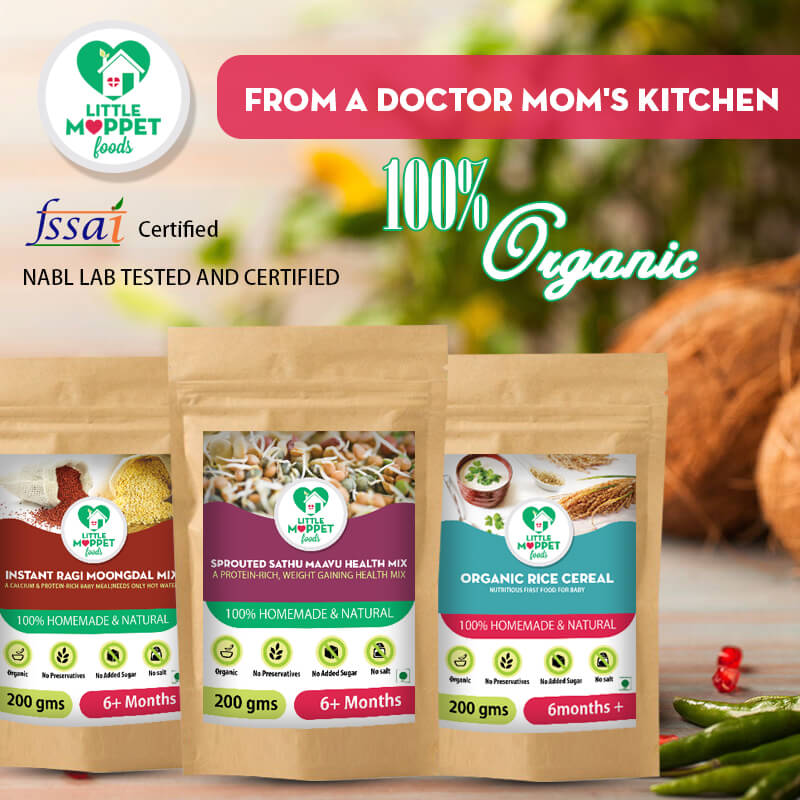
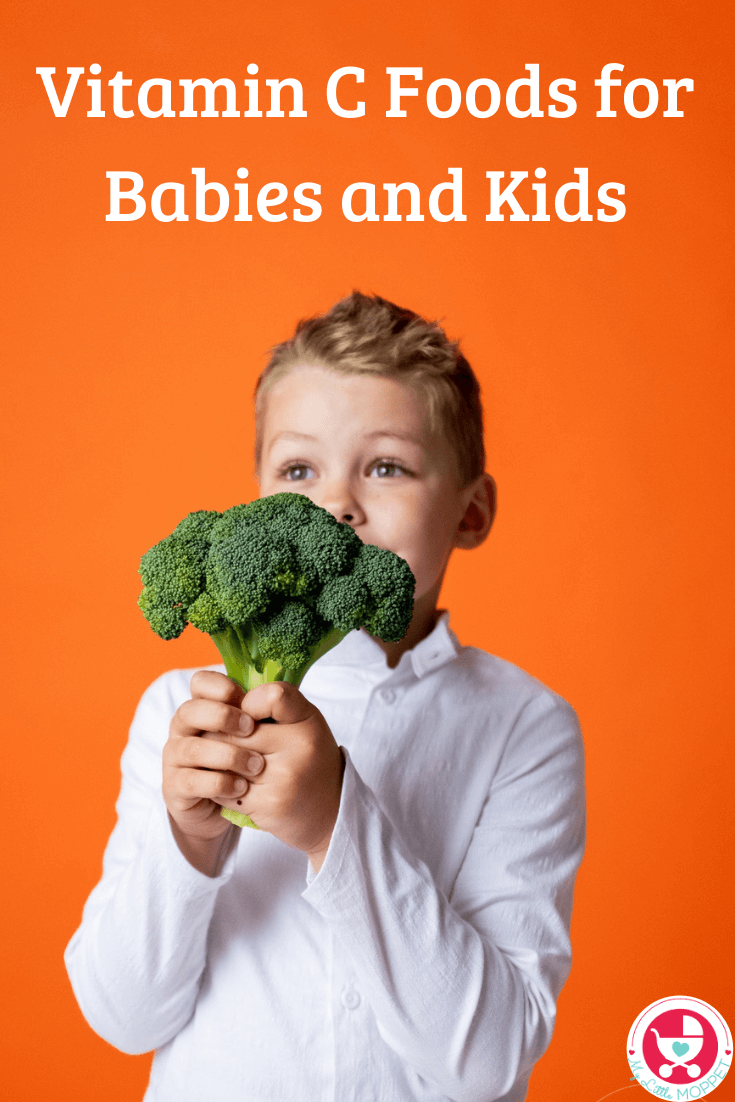
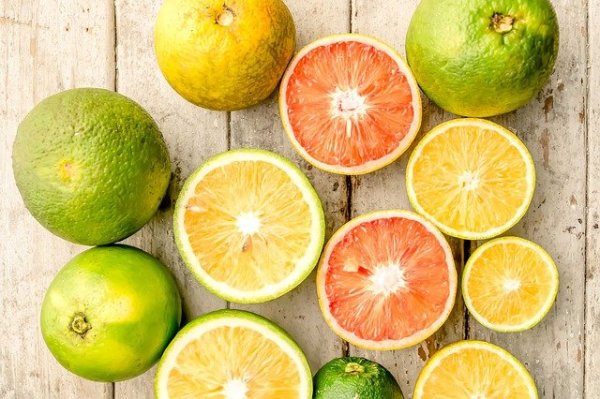
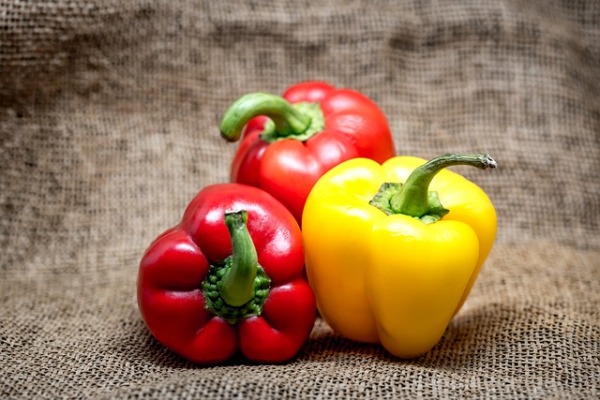
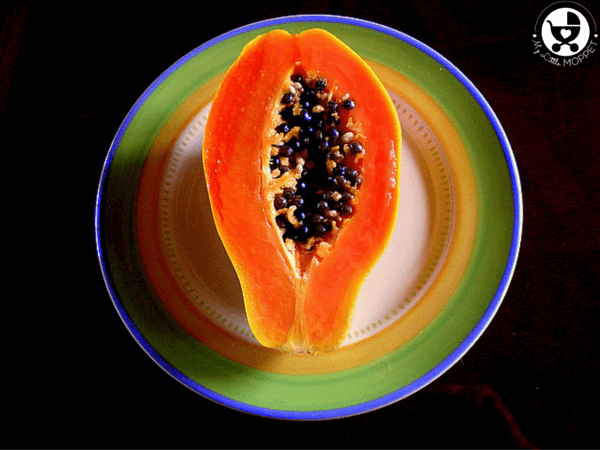
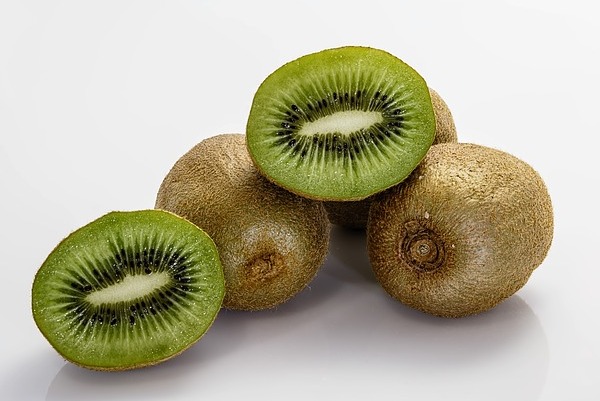
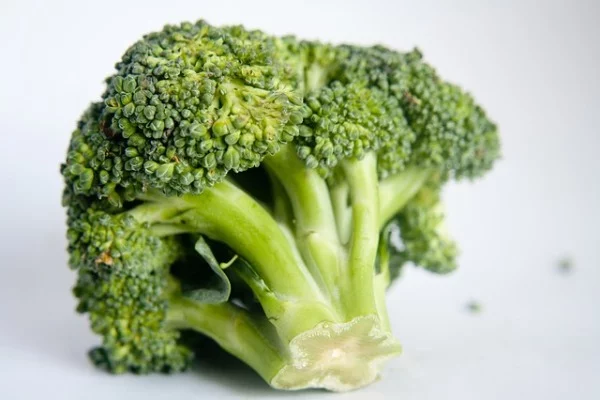
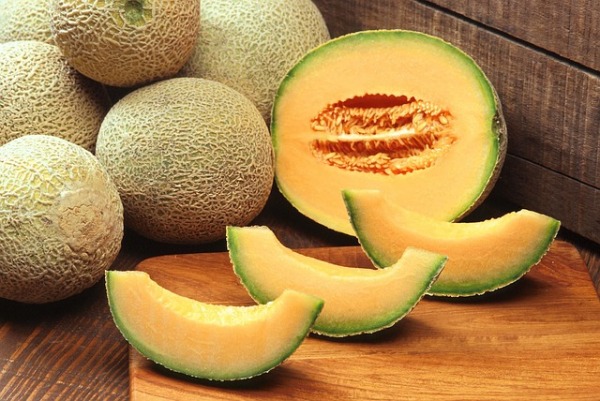
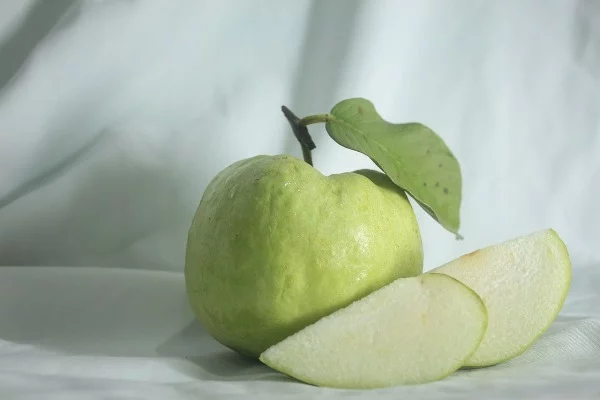
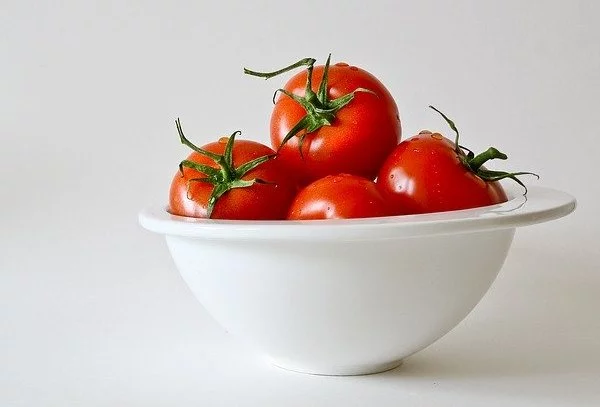
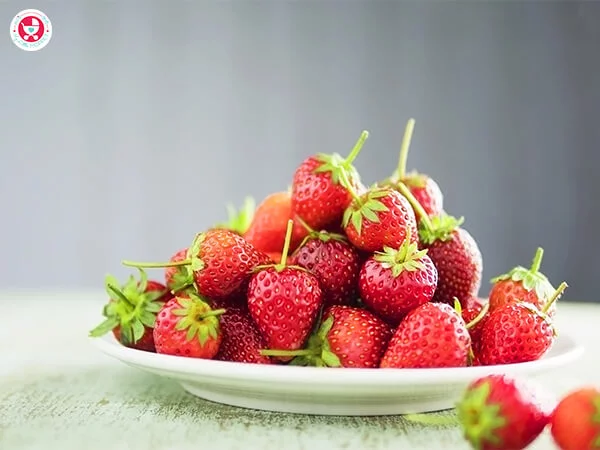
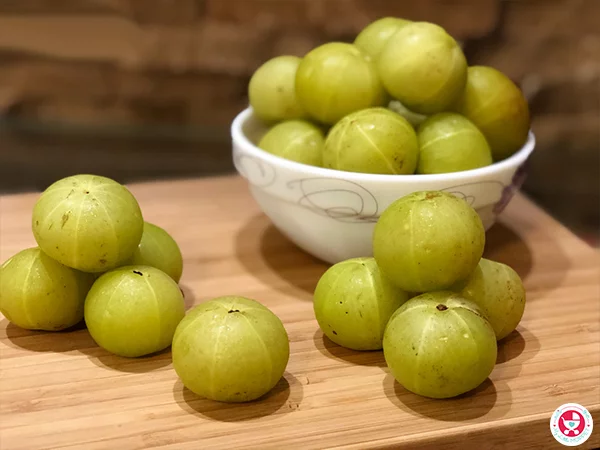


No comments:
Post a Comment